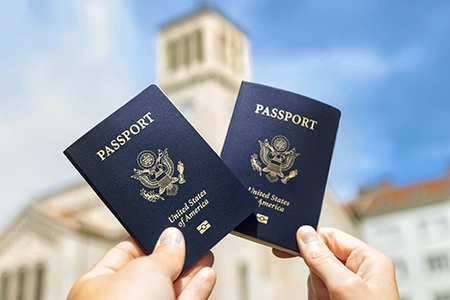Key Strategies for Effective Negotiation of Translation Rates
Negotiating fair translation rates, whether for Turkish to English translation or any other language pair, requires tact, understanding, and a strategy that benefits both the translator and the client. Here are some effective negotiation strategies to ensure a mutually beneficial agreement:
- Research and Preparation: Both parties should enter negotiations well-prepared. For translators, this means understanding the going rates for Turkish translation rates in the market and being ready to justify their fees, especially if they include a translation certification fee. On the other hand, clients should clearly understand the project scope and the complexities involved in translating from English to Turkish, for instance.
- Transparent Communication: Open and honest communication is key. Translators should be clear about what their rates cover and why they charge what they do. Clients should be upfront about their budget and specific needs. This transparency helps in finding a middle ground that satisfies both parties.
- Focus on Value, Not Just Price: Both sides need to recognise the value of the service being provided. Clients should understand that lower rates might not always yield the quality required, especially for specialised translations like Turkish to English. Translators should articulate the value they bring, such as their expertise, experience, and any additional services like certification.
- Be Flexible and Open to Compromise: Flexibility can lead to more successful negotiations. This might mean adjusting rates slightly or agreeing on different terms, such as a longer turnaround time or a phased delivery for large projects.
- Build Long-Term Relationships: Both translators and clients should approach rate negotiations not just as a one-off transaction but as the beginning of a potential long-term partnership. Establishing trust and understanding can lead to more work and better rates in the future.
By employing these strategies, both translators and clients can negotiate rates that are fair, reflective of the work’s quality, and respectful of the expertise required, ultimately leading to a successful and professional working relationship.
Translation Rates: Navigating Challenging Negotiations
Negotiating translation rates, particularly for nuanced language pairs like Turkish to English or English to Turkish, can sometimes present challenges. Both clients and translators may encounter situations where reaching a mutually agreeable rate seems daunting. Here are some strategies to navigate these challenging negotiations effectively:
- Acknowledge and Respect Differences: Recognising that clients and translators often come from different perspectives is important. A client might have a limited understanding of the complexities involved in Turkish translation rates. At the same time, a translator might not fully grasp the client’s budget constraints. Acknowledging these differences and approaching the negotiation with respect is crucial.
- Provide Detailed Justifications: For translators, especially those charging a translation certification fee, it’s essential to justify these costs. Explain how certification enhances the quality of work and why it’s a valuable asset. On the other hand, clients should be transparent about their budget limitations and the reasons behind them.
- Explore Alternative Solutions: Consider alternative solutions if a direct agreement on rates seems unattainable. This could include adjusting the project scope, extending deadlines to accommodate lower rates, or breaking the project into phases to manage costs better.
- Use Mediators or Industry Standards as Reference Points: Sometimes, referring to industry standards or involving a mediator can help bridge the gap. Industry bodies or professional translation associations often provide guidelines on fair pricing, which can serve as a neutral reference point in negotiations.
- Prepare to Walk Away: If an agreement cannot be reached, it may be necessary to walk away from the negotiation. This should be done professionally and respectfully, keeping the door open for future opportunities.
Navigating challenging negotiations requires patience, understanding, and a willingness to find common ground. By employing these strategies, both translators and clients can work towards a resolution that respects the value of the service and the financial realities of both parties.

Before you go…
Looking for superior translation services that are fast, precise, and budget-friendly? Look no further! We offer top-notch translation solutions at unbeatable rates. Contact us now to get a quote and let us help you communicate effectively in any language.



